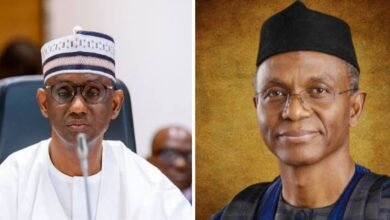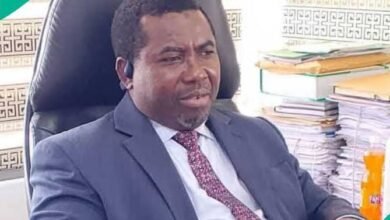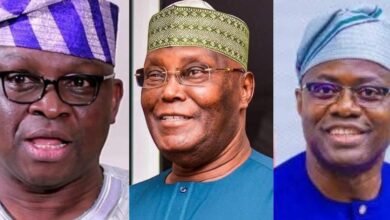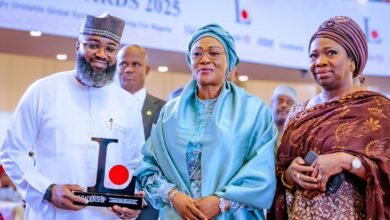News
74th UNGA And Nigeria’s New International Face
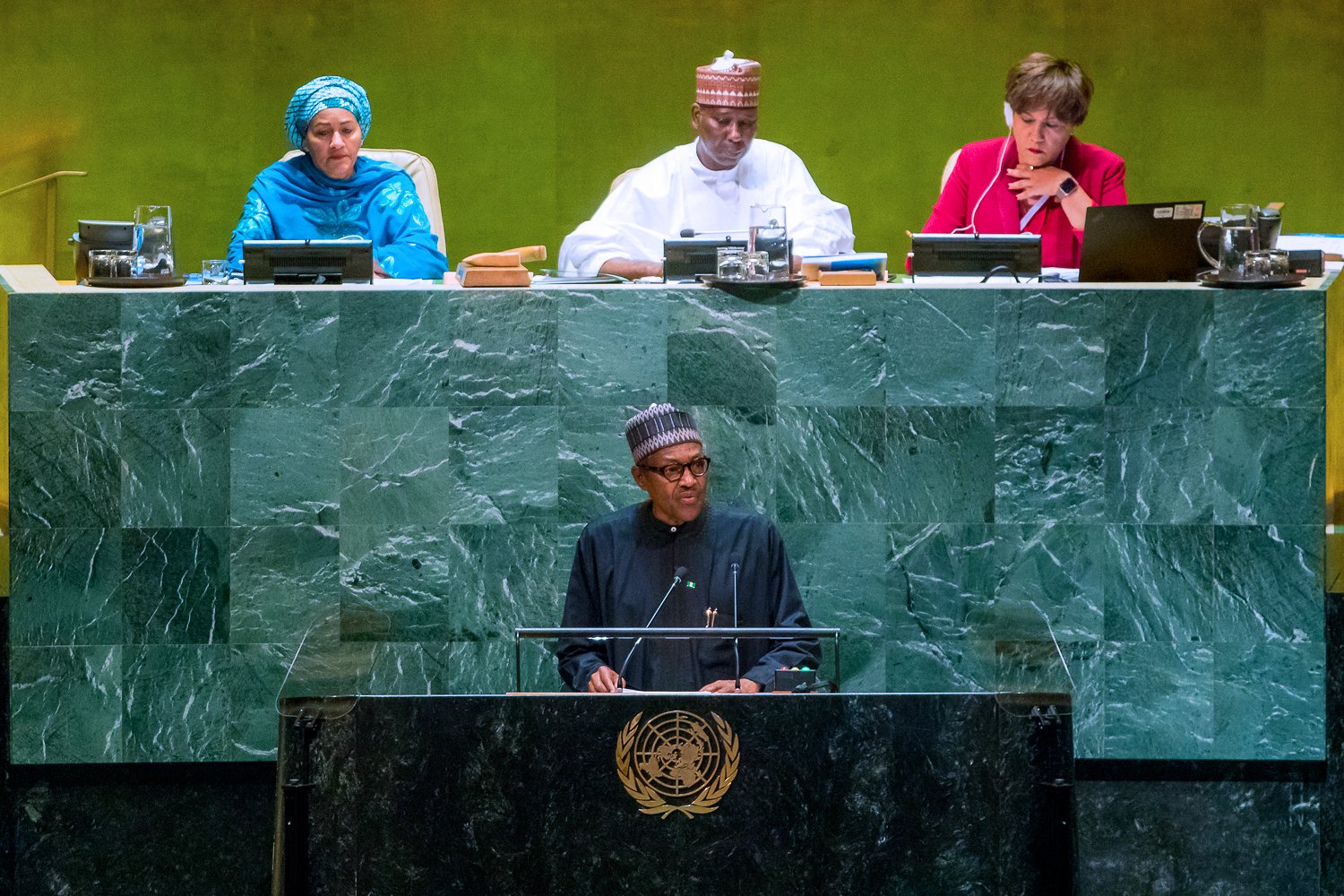
By Ayo Akanji
The role of the United Nations is to set the mental clocks of the world leaders from past problems to the present opportunities, and from local power mindset to global welfare mindset – Amit Ray
Nigeria is steadily charting a new and dynamic course for itself, diplomatically, on all fronts, be it regional, continental and global. These gains can be ascribed to recent shuttle diplomacy by President Buhari. Nigeria can be said to be part of the power circle with foreign policy initiatives well focused, and which would help create and reinforce favorable images of a country to the external world.
Consequently, Nigeria’s foreign policy has been rooted on its Afro-centric policy, big market for Euro-America, anti-apartheid policy, and her policy of technical aid and assistance.
The cooperation President Muhammadu Buhari has been able to garner from countries visited during his shuttle diplomacy has created commitment of collaboration and cooperation from key international partners. And this is indicative of his acceptance, integrity and credibility. Mr. President’s foreign policy thrust has given Nigerian businesses the opportunity to explore and partner with their foreign counterparts.
Nigeria’s domestic policy is indeed, intrinsically linked to her foreign policy. Under the current administration, deliberate focus is made on improved relationship with other military forces worldwide, promoting the welfare of Nigerians abroad to ensure they are treated with respect, improved bilateral and multilateral trade among nations.
President Buhari’s participation and speech at the 74thUnited Nations General Assembly (UNGA) was not only strategic but a poignant pointer to what straight lines can be achieved when a right-thinking leader is employed by the citizenry to articulate a dynamic position for not just Nigeria but the African continent.
In short, the dynamic leadership of President Muhammadu is attracting a great deal of goodwill for Nigeria, as was witnessed in the strategic decision to unanimously elect, by acclamation, Ambassador Tijani Muhammed – Bande as President, 74th session of UNGA by the 193 member states. The presidency rotates between representatives of the five regional groups in UNGA. The General Assembly is one of the six principal organs of the UN.
Nigerians are currently manning key international positions, from the Deputy Secretary General of the UN, to the current president and the permanent representatives of the African Union, AU to the UN, the President of the African Development Bank, ADB just to mention a few, are all flying the green white green flag.
UNGA is the most representative organ of the UN, its presidency is a position voted for by representatives on a yearly basis. It rotates annually between the five geographic groups: Africa, Asia-Pacific, Eastern Europe, Latin America and Caribbean and Western and other States. Ambassador Bande’s endorsement by the Economic Community Of West African States, ECOWAS, AU and other member states signaled the acceptance of Nigeria as a dependable leader. He was named Nigeria’s permanent representatives to the UN in 2016 where he served as Vice President of 71st General Assembly. Nigeria joins Argentina and Ecuador as the only countries to have supplied twice a president of UNGA, Nigeria’s first, being its permanent representative Joe Garba in 1989.
Ambassador Muhammad-Bande will be a highly effective face of African and Nigerian diplomacy, his top priorities which cut across poverty eradication, inclusion and quality education are important policy thrusts for Nigeria and Africa.
“Today in New York I join other World Leaders to address the United Nations Climate Action Summit, with the theme, “A Race We Can Win; A Race We Must Win”, said President Buhari. It was a welcome opportunity to restate Nigeria’s commitment to fulfilling all our obligations under the Paris Agreement.
President Buhari, an advocate of climate change, aside restating Nigeria’s commitment to fulfil all her obligations under the Paris Agreement, used the international platform to raise awareness and advocate action against the worsening state of the Lake Chad Basin, which has affected the livelihood of more than 45 million people. The expansion of the United Nation Security Council, UNSC, “to reflect the diversity and dynamics of the 21stCentury” – the fight against Illicit Financial Flows in which Nigeria lost $157 billion in just 9 years and the African continent loses $50 billion annually, are other welcome developments from the 74th UNGA .
In the same vein, President Buhari highlighted how his administration is fighting corruption head-on, by stating that Nigeria won’t tolerate attempts by international criminals to defraud Nigeria, citing the prosecution of Process and Industrial Development, P&ID over the controversial $9.6 billion judgment it obtained from a London court and called for collective efforts by all countries to address the menace.
In short, President Buhari in his speech underscored the importance of the industrial nations to partner with developing countries, “As the world grows richer, there are regrettable signals in the World Economic and Political Order. Millions in Africa and around the world remain in abject poverty raising the tide of racism, xenophobia, resurgent nationalism”, said Buhari. Going further on this note, President Buhari called for a Marshal Plan for Africa, reminiscent of the United States’ Marshal Plan for Europe in 1945. He opined, “a developed Africa will not be antagonistic to industrialised countries but will become friends and partners in prosperity, security and development”.
Akanji, a foreign policy analyst, writes from Abuja.

